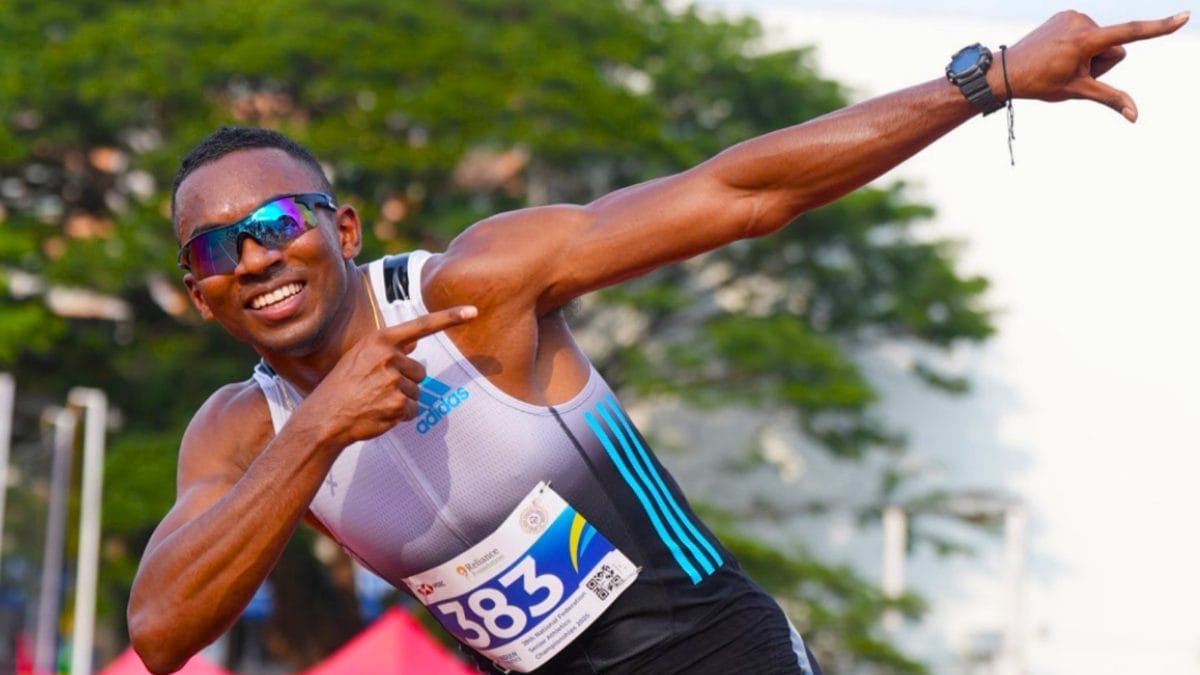

Animesh Kujur, a 22-year-old sprinter from Odisha, has etched his name in Indian athletic history by becoming the fastest man in India. At the Dromia International Sprint & Relays Meet in Vari, Greece, Kujur clocked an astonishing 10.18 seconds in the 100m sprint. This feat not only broke the national record of 10.20 seconds, previously held by Gurindervir Singh, but also marked the first time an Indian has run the 100m in under 10.2 seconds.
Kujur's journey to the top has been marked by steady improvement, technical refinement, and unwavering dedication. Known as "Mr. Consistent" in athletic circles, he has demonstrated an exceptional ability to deliver peak performances in both 100m and 200m sprints. This consistency is a testament to his rigorous training regimen and his coach's emphasis on biomechanics, strength conditioning, and race strategy.
Born on June 2, 2003, Kujur hails from Chhattisgarh and grew up in the Maoist-affected Bastar region. His parents, both with a background in the police force and a love for sports, instilled in him a passion for athletics. He initially played football, but inspired by Usain Bolt, he transitioned to sprinting. A turning point came in 2022 when he won the 200m at the National Open U-23 Championships, leading him to seek training from coach Martin Owens at the Odisha Reliance Foundation Athletics High-Performance Centre (HPC).
Kujur's training involves a holistic approach, including strength and conditioning work with Chris Wolley, a bobsleigh coach at the Swiss Olympic Center. This collaboration focused on improving Kujur's movement patterns and initial strides, which Owens believes are crucial for setting up a better race. Besides technical training, Kujur has also made significant changes to his diet, focusing on eating more sensibly with a meal plan prepared by nutritionists at the Reliance Foundation.
Kujur's achievements extend beyond the 100m sprint. He also holds the national record in the 200m, with a timing of 20.32 seconds achieved at the Asian Athletics Championships. This makes him the first Indian to hold both the 100m and 200m national records simultaneously. He also contributed to the Indian 4x100m relay team's second-place finish. Kujur's success is not just an individual accomplishment but also a sign of a changing sprint culture in Indian athletics.
Looking ahead, Kujur aims to compete with faster athletes internationally to further improve his timings. He recognizes the need for exposure to high-performance competitions and training environments to reach his full potential. Despite his current success, Kujur remains grounded and focused on continuous improvement. He aspires to break the 10-second barrier in the 100m and approach his goals by the 2028 Los Angeles Olympics.